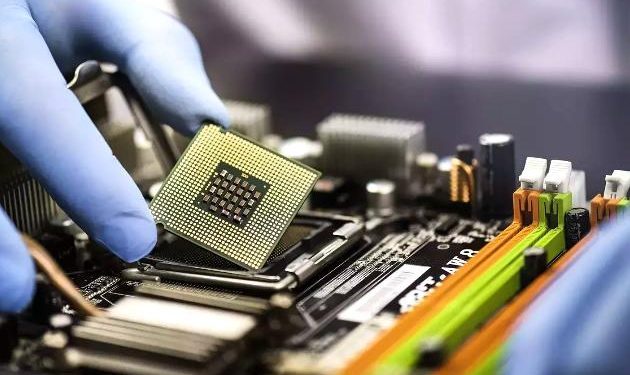- U.S. Senator Richard Blumenthal said that the Senate’s permanent subcommittee on investigations will hold a hearing on February 27 to discuss the presence of American chips in Russian weapons systems
- The office of Blumenthal, a Democrat who chairs the panel, said the hearing will address how Russia is evading export controls intended to block it from using U.S. technology in the war in Ukraine
- The office added that the panel information and documents are being sought from major U.S. semiconductor makers Advanced Micro Devices, Analog Devices, Intel, and Texas Instruments
WASHINGTON D.C.: In a statement this week, U.S. Senator Richard Blumenthal said that the Senate’s permanent subcommittee on investigations will hold a hearing on February 27 to discuss the presence of American chips in Russian weapons systems.
The office of Blumenthal, a Democrat who chairs the panel, said the hearing will address how Russia is evading export controls intended to block it from using U.S. technology in the war in Ukraine.
The office added that the panel information and documents are being sought from major U.S. semiconductor makers Advanced Micro Devices, Analog Devices, Intel, and Texas Instruments.
Since Russia invaded Ukraine almost two years ago, the four companies had significantly increased exports to countries identified as potentially being used by Russia to evade U.S. export controls, the office further added.
Blumenthal’s office also said that U.S.-made semiconductors have been found in a range of equipment used by the Russian military, including drones, missiles, and armored vehicles.
The U.S. and its allies have imposed sanctions on Moscow and export controls against firms that support Russian military and defense industries.
Advanced Micro Devices said it has established procedures for action when its products are found to have been diverted to Russia.
Texas Instruments said it was cooperating with the panel and opposed using its chips in Russian military equipment.
Intel also said it suspended all shipments to customers in Russia and Belarus after the conflict began.
Analog Devices said it did not support “the illicit diversion of its products to countries or entities subject to U.S. or international sanctions.”






